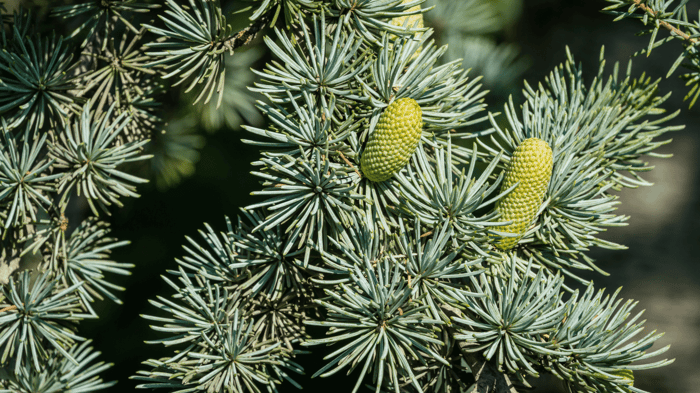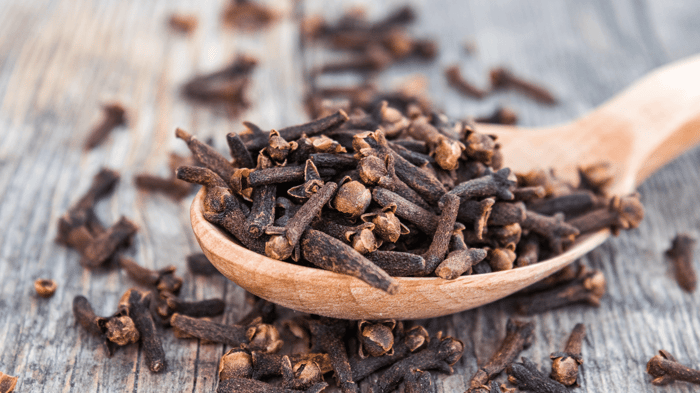
Citrus essential oil is a great way to freshen up your home or add some fragrance to your favorite dish. Check out some useful tips and tricks and our favorite recipes here.
Botany
Citrus essential oils are as numerous as they are versatile. Varieties in this popular group include lemon, orange, blood orange, mandarin, lime, tangerine, grapefruit, and bergamot, the last of which you may know as the citrusy ingredient in earl grey tea, which gives it its unique flavor and aroma. They can also come mixed in a citrus blend.
All citrus oils come from the rind of the fruit itself, the same portion that we use for zest. Citrus essential oils are all produced using cold expression, also known as cold-pressing, in a similar process to high-quality olive oils. This makes these great oils to take internally or to diffuse without worrying about an overly strong or artificial citrus smell.
Benefits of Citrus Essential Oils

There are a lot of potential benefits provided by citrus essential oils, and significant research has been done to confirm citrus’s almost-magical properties.
Some general benefits of citrus essential oils include:
- Bergamot oil is generally considered to have a soothing, calming effect when inhaled. This makes it excellent for use in baths, as an additive to tea, and for aromatherapy.
- Citrus oils in general can have an invigorating effect due to their bright, tangy smell and flavor that may help one feel more alert or awake.
- Citrus oils are antimicrobial, which explains why they’re such a common choice for both homemade and store-bought cleaners (along with their fresh, clean scent, of course!).
- As they contain Vitamin C, these oils are used frequently in supplements aimed at trying to bolster your immune system.
- Citrus oils seem to be disliked by insects, making them a chemical-free alternative to bug sprays or pesticides.
Some especially interesting research considers the potential health impact of citrus oils:
- Antimicrobial properties: A 2012 study looked at the effect of orange essential oil on E. coli isolates obtained from beef. These isolates can potentially cause mild to extremely severe food poisoning and illness. Results indicated that after 24 hours, a 1% or lower concentration of orange essential oil inhibited the bacteria at refrigeration temperatures. Another study looked at the effect of orange essential oil on antibiotic-resistant strains of staph bacteria. They found that when added to infected human cells in culture, low concentrations of orange essential oil killed the bacteria without harming the cultured cells.
- Antioxidant properties: Limonene, a component of orange essential oil, has been investigated as a potential cancer inhibitor. A study from 2012 found that orange oil rich in limonene both inhibited the growth and promoted the death of colon cancer cells in culture.
Ways to Use Citrus Essential Oils

Like we said, citrus essential oils are incredibly versatile. Here are a few ways you can use these essential oils in your day-to-day life.
- Add drops of the oil into a diffuser for an invigorating, bright scent in your home.
- Use a few drops in a cup of tea to add a tart, citrusy flavor that can elevate your usual cup of black or green tea.
- Use sparingly for delicate flavors in desserts like macarons and light pastries.
- Diffuse the oil in the shower for some at-home aromatherapy with an energizing steam.
- Apply carefully to skin for aromatherapy purposes or as an addition to your skin care regime if you’re seeking to add some Vitamin C.
- Use as an ingredient in a cleaning spray.
Warnings
Though you can use them topically, always be sure to avoid sunlight for 12 hours minimum after use when applying the oil directly to your skin, as these are inherently acidic oils high in Vitamin C. In fact, it may be best for sensitive skin users to either hyper dilute the oil or to avoid their topical use entirely.
Always spot-check essential oils before topical application to check for sensitivity and limit diffusing time. Essential oils, although natural, are very potent substances with the potential for unforeseen side effects.
An Easy Cleaning Spray Using Essential Oil
Do you want another way to add an invigorating scent to a space? Or maybe you’d like to use citrus essential oil as a natural cleaner in your home to benefit from its antimicrobial properties? You can make an orange oil spray by following these steps:
- Add citrus essential oil to water, preferably in a glass bottle. The National Association for Holistic Aromatherapy (NAHA) recommends using 10 to 15 drops per ounce of water.
- Although not necessary, adding a dispersing agent to the solution can help the oil to better disperse and mix through the water if you’re using it for cleaning.
- Shake the bottle well to mix the contents.
- Spray and use as desired for a chemical-free and wonderfully-scented surface cleaner or as a scent spray for your bedding and laundry.
What are some of your favorite uses for citrus essential oils? Let us know in the comments!



